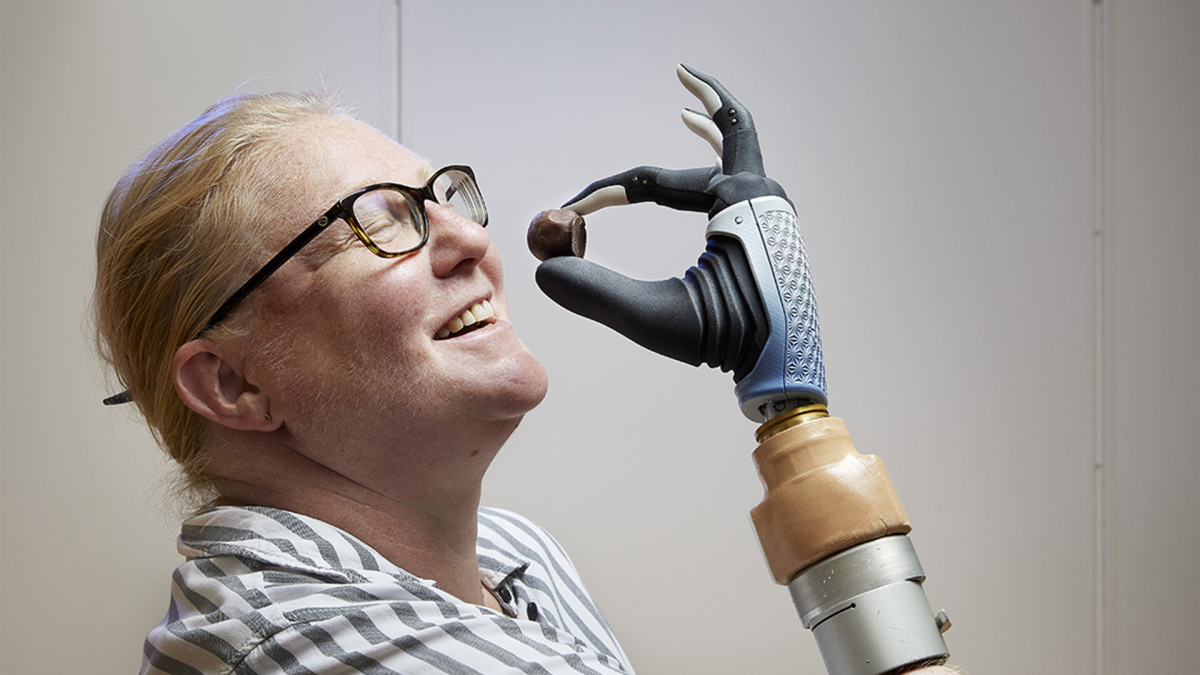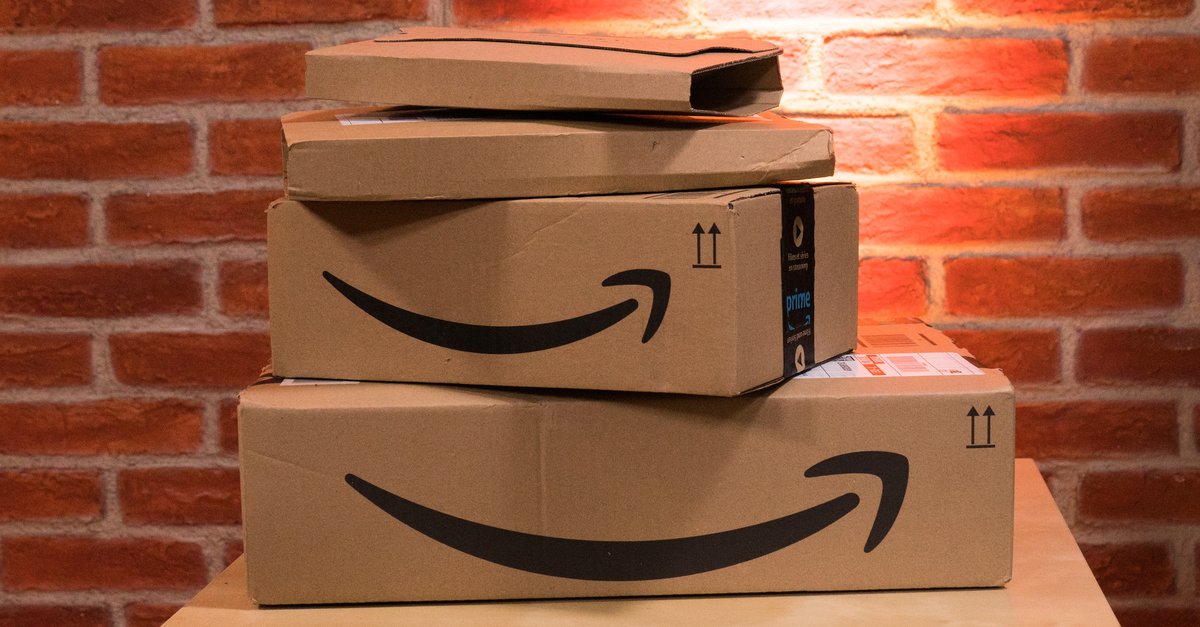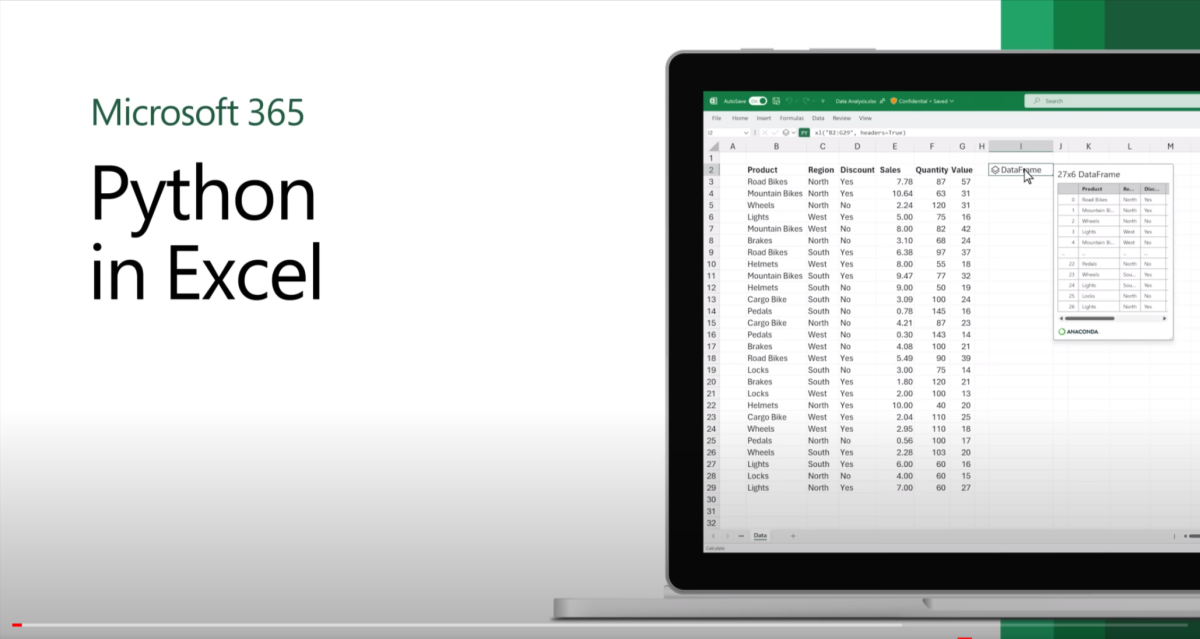Global Privacy Control would like to become the better “Do Not Track” soon
In the current coronavirus pandemic in particular, we spend a lot of time on the Internet. We check the last videos on YouTube and read the latest news on our favorite news platform. One thing is always on our heels: the trackers. Because advertisers are only too keen to know which advertising we are best to respond to.
This is why the “Do Not Track” option celebrated its first appearance in various browsers over 10 years ago. The purpose was to tell annoying trackers that they shouldn’t follow you after all. However, many providers have ignored this request in recent years, so the flag has become somewhat superfluous. A new standard is to replace “Do Not Track” in the long term.
When you go to a website right now, you don’t know if they’re selling data on the back end. Gabriel Weinberg, DuckDuckGo CEO
This is called Global Privacy Control and is intended to send a legally binding signal of the consent of the user. If the GPC option is activated, website operators are no longer allowed to pass on data to third parties (such as data brokers). In simple terms, Global Privacy Control could communicate the user’s preferences globally, and individual consent per website would be a thing of the past.
But why shouldn’t GPC simply become “Do Not Track 2.0”? The initiators say that the data protection laws have changed a lot in recent years. The General Data Protection Regulation or the Californian Consumer Privacy Act laid the foundation stone and granted the user extensive rights over his data. With a simple and uniform flag, he could make his decision quickly and easily.
Currently privacy-friendly browsers such as Brave and DuckDuckGo support the GPC signal. Although this is not yet binding, major publishers such as the New York Times or Washington Post have admitted to respecting the user’s decision. Automatic, which owns WordPress, has already activated support for all self-hosted sites.
Own opinion:
The internet didn’t seem ready for “Do Not Track” at the time, but GPC might come at just the right time. Users all over the world are paying more and more attention to the protection of their data, consent management platforms (or “cookie banners”) try to give the user a choice, but entice them to simply press “accept all”. Now all you need is a top dog like Google to support the option for its browser. With Google’s business model, this remains questionable for the time being.
via The Verge



